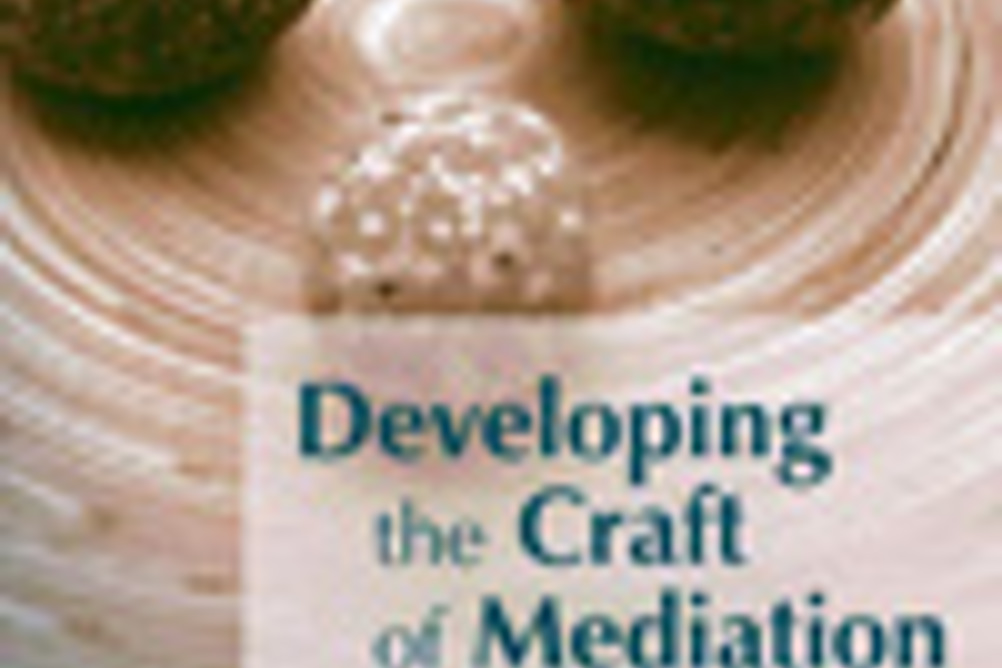
This book brings together the views of 16 leading mediation professionals from different sectors, all of whom have practised mediation for a number of years.
The detailed profiles include accounts of their practice and how it has evolved, with a focus on how they apply theory to practice, including various case studies and the different models of mediation they employ.
Despite the fact that the experts are from different disciplines - including commercial, international relations, environmental and family mediation - a set of common principles emerges. These are impartiality, independence, neutrality and flexibility. It becomes apparent that, despite the contributors' individual disciplines, they all apply and identify with these core principles.
Register Now to Continue Reading
Thank you for visiting Children & Young People Now and making use of our archive of more than 60,000 expert features, topics hubs, case studies and policy updates. Why not register today and enjoy the following great benefits:
What's Included
-
Free access to 4 subscriber-only articles per month
-
Email newsletter providing advice and guidance across the sector
Already have an account? Sign in here

